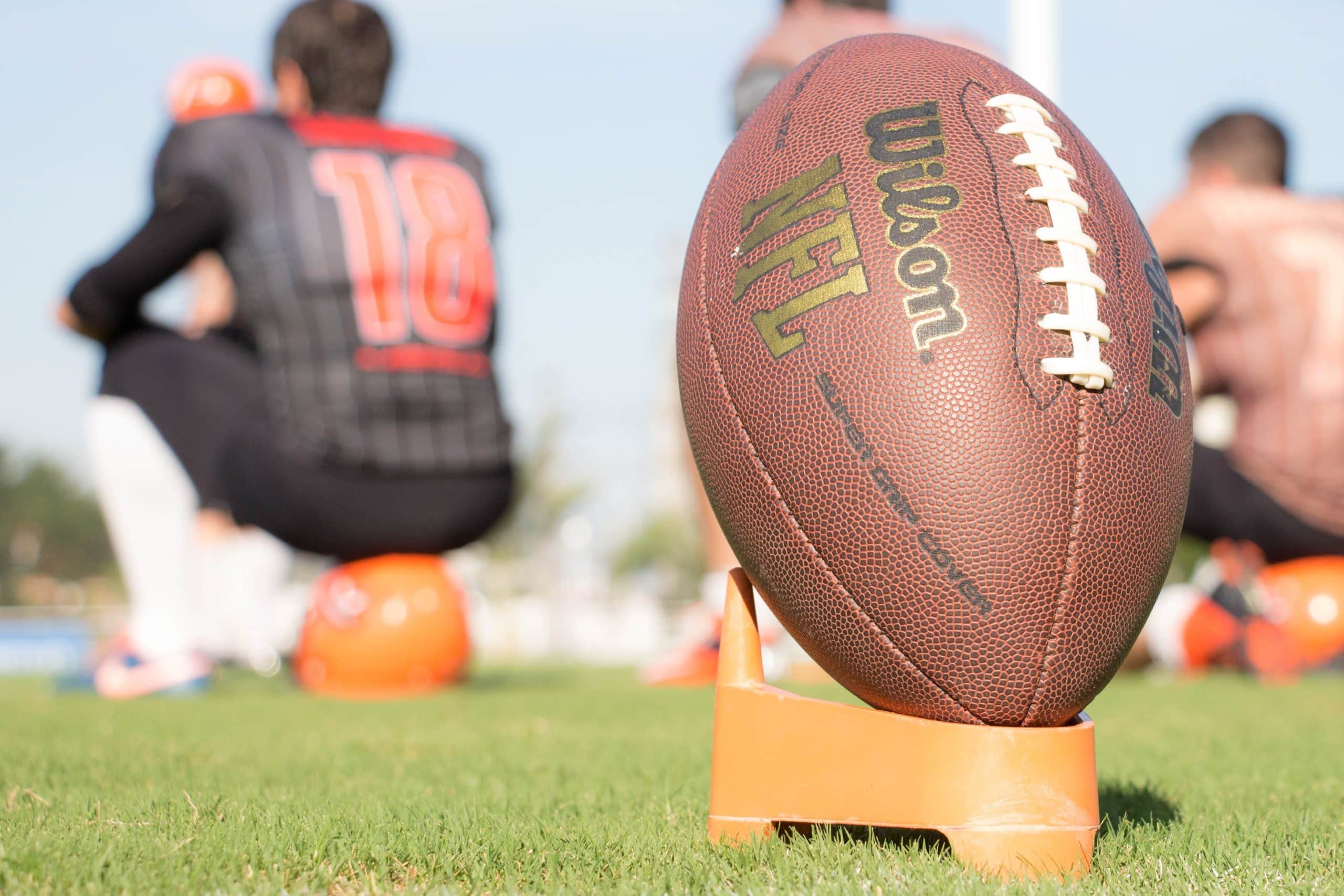On April 28, 2020, the Board of Governors (the “Board”) of the National Collegiate Athletics Association (“NCAA”) implemented new rule changes that would allow student athletes to be compensated for third-party endorsements. To that end, the NCAA instructed each of the three (3) NCAA Divisions to consider appropriate changes to their existing athlete marketing rules so that the new regime may be adopted no later than January 2021, to take effect at the beginning of the 2021-2022 academic year.
What rule changes are anticipated?
Proposed Expansion of Athlete Marketing Rules
Under the proposed rules, college athletes will be allowed to profit from the use of their names, images, and likenesses. While the exact scope of the athlete marketing rules is still being determined, the Board envisions that athletes would be compensated for:
- Third-party endorsements on various media platforms;
- Social media influencing;
- Personal promotional activity, such as autograph signings; and
- Their own work product or business activities, such as digital content creation, and being paid for other services, such as athletic lessons.
Critically, there will be no cap on endorsement earnings for athletes.
The NCAA has long opposed any new rules that would allow students to benefit from the use of their names, images, and likenesses. While the new athlete marketing rules would significantly change the current regime, the NCAA made clear that various limitations will remain in effect. For example, athletes would be prohibited from using conference or school logos in their respective promotional activities. In addition, “pay for play” would still be completely prohibited, preventing colleges and universities from compensating athletes. Indeed, institutions of higher learning would be prohibited from even assisting athletes in arranging endorsements. The NCAA would also ensure that only athletes could benefit – meaning that the images of college athletes could not be used by recruiters or boosters.
Broader Legislative Efforts
The NCAA has slowly acceded to the years’ long push to allow athletes to benefit from the use of their names, images, and likenesses. While mounting pressure may have made this change inevitable, it should be noted that the NCAA is continuing to push for a safe harbor at the federal level. Most states of the Union allow individuals to profit from the use of their names, images, and likenesses – their “rights of publicity.” Those states also generally have causes of action that allow individuals to protect their rights of publicity in court. The NCAA will continue to lobby Congress for federal legislation that would: 1) preempt states’ ability to issue regulations on this issue; and 2) protect the NCAA from rights of publicity lawsuits brought by athletes. Similarly, the NCAA is actively engaged in lobbying efforts to protect it from broader antitrust scrutiny. The current shift toward openness on the issue of athletes’ rights of publicity could very well obscure these other lobbying efforts.
As we have urged in the past, observers should prepare for the NCAA to adopt updated athlete marketing rules. Because the exact scope of the changes is still unclear, businesses must carefully examine how the new regime will affect their ability to use college athletes for marketing purposes. Accordingly, businesses should work with experienced counsel to navigate the relevant regulations to ensure compliance with evolving NCAA, state, and federal laws.
If you need assistance developing or reviewing a sports marketing campaign, please e-mail us at info@kleinmoynihan.com, or call us at (212) 246-0900.
The material contained herein is provided for informational purposes only and is not legal advice, nor is it a substitute for obtaining legal advice from an attorney. Each situation is unique, and you should not act or rely on any information contained herein without seeking the advice of an experienced attorney.
Attorney Advertising
Similar Blog Posts:
California Fair Pay to Play Act and College Athlete Marketing
New NCAA Marketing Rules for Athletes Proposed
Appeals Court: Don’t Pay Student-Athletes, Though NCAA Does Violate Antitrust Laws




